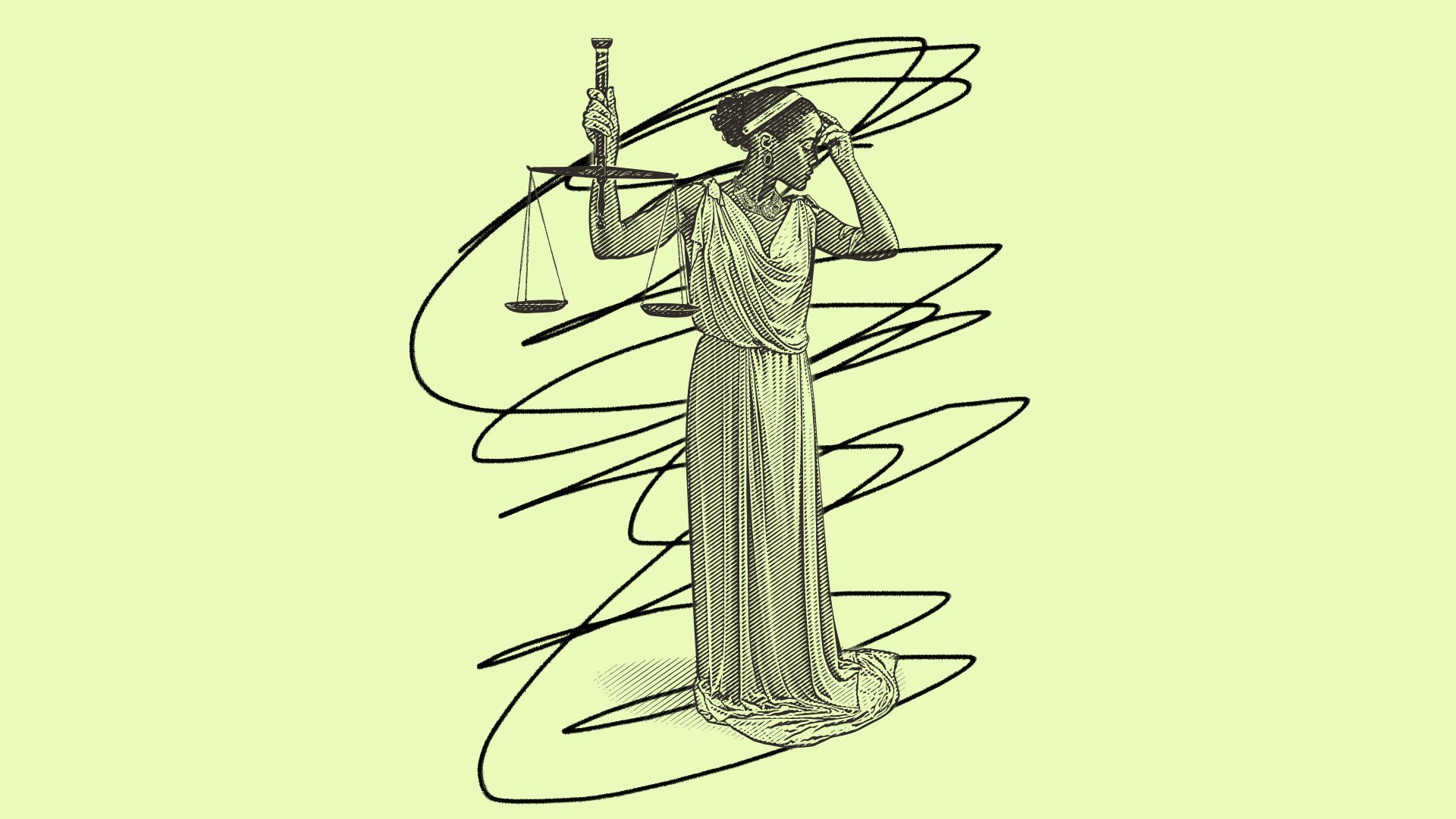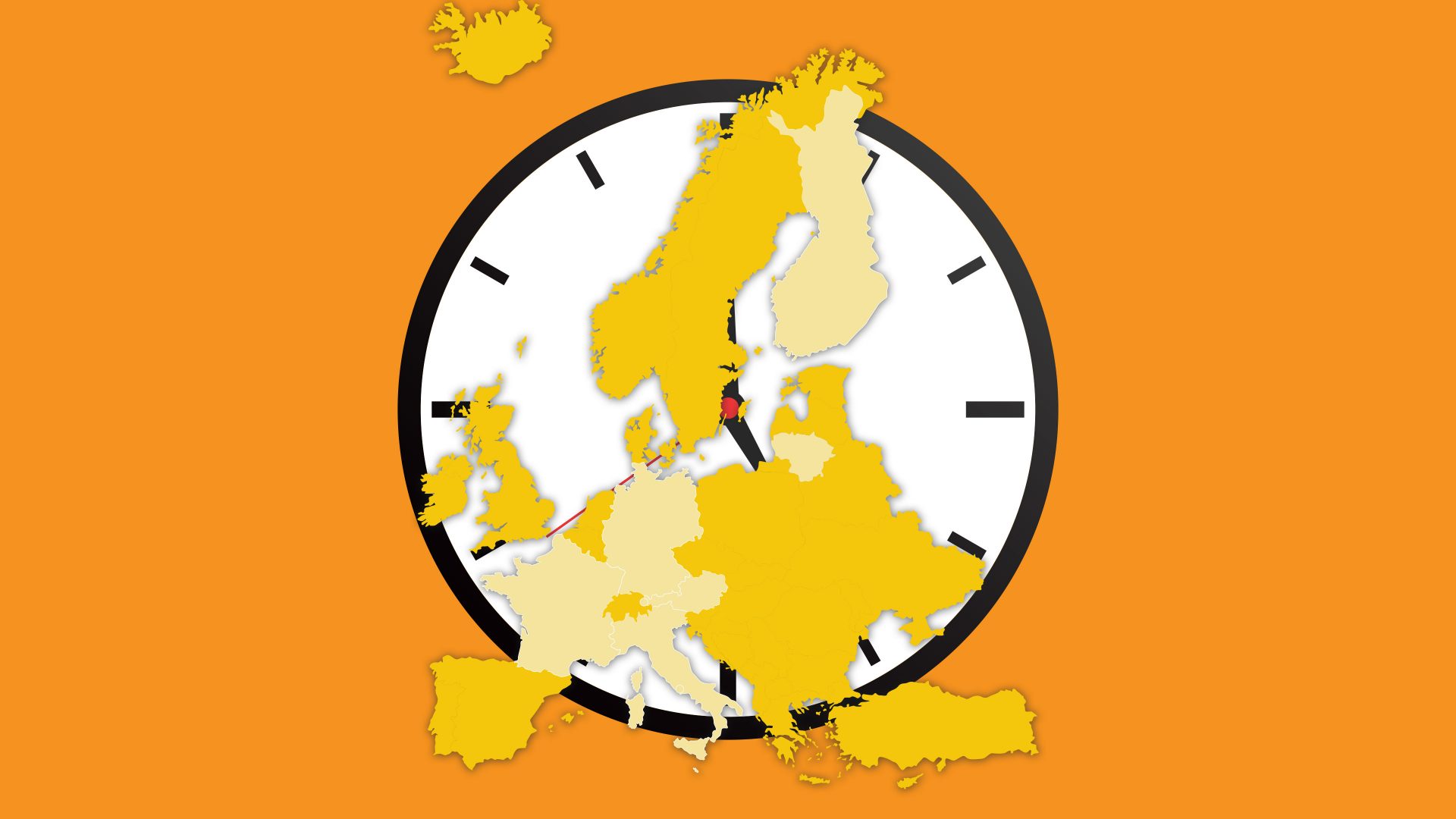In the brilliant and surreal A Theory of Justice: the Musical!, John Rawls, a young philosopher in search of a political theory, travels back in time to discuss philosophy with the great thinkers of the past. He falls in love with a woman he calls Fairness, and she is at the heart of the theory he develops. He is pursued across the centuries by the pantomime villain Robert Nozick, a libertarian who represents everything Rawls rejects. In the musical Rawls emerges triumphant with his theory and the girl – Fairness personified.
In real life, it’s not clear that Rawls is winning. Justice as fairness is under threat.
Rawls, a shy Harvard professor, published A Theory of Justice in 1971. It’s a sprawling, rather dry book that very few people willingly read from cover to cover. But its central idea is straightforward and influential.
If you had to choose what society would be like from a position of not knowing the position you’d occupy in that society (healthy, sick, strong, intelligent, a train driver, a banker, a professor, journalist, politician, or whatever) you would choose fair principles that guaranteed a just distribution of society’s resources. From behind this veil of ignorance, you would select a way of organising things that meant that no one was left behind, that there were good opportunities for everyone to flourish. No increases to the wealth of the wealthiest would be tolerated unless there were corresponding benefits to the poorest in society.
As Britain went through the Thatcherite 1980s, many who opposed the Iron Lady’s policies were inspired by Rawls’s vision of a fairer distribution of society’s resources. Now we’re back in the 1980s, and the repugnant philosophy that rejects the idea that a state has responsibilities to the poorest and most vulnerable in our society is once more the dogma of the day. Although the official doctrine is that if the very rich get significantly richer and the poor tighten their belts everyone will benefit from the magic of trickle-down economics, this feels like a convenient lie. Behind this front, many of us sense a sinister libertarian philosophy that wants to reduce the state to almost nothing, and that considers taxation for redistribution a kind of theft.
The other Harvard political philosopher at his peak in the 1970s, Robert Nozick, the villain of the musical, thought much the same. His Anarchy, State, and Utopia, published a few years after Rawls’s book, was a witty and flashy riposte in which he argued for a minimal state and a hands-off approach.
Nozick, the hero of laissez-faire capitalists, begins from the idea that we all have natural rights that no one should infringe and ends up claiming that the state should dwindle to almost nothing, reduced to protecting people from the use of force, fraud, and theft, and to enforcing contracts. Anything more would be overstepping the mark and would violate individuals’ basic rights, particularly property rights.
Policies that redistribute wealth to achieve greater equality are, he claimed, at odds with fundamental rights to ownership of what has been legally acquired. It should be up to individuals whether or not to give to the needy. The state should back off.
Nozick used the example of Wilt Chamberlain, a brilliant basketball player. Every team wants Chamberlain on their side. Other players get paid the same amount of money, but Chamberlain negotiates a special deal where for every match he plays there is a box into which spectators have to drop 25 cents. Over the season, a million spectators come to see him, so he gets a bonus of $250,000 (something like a banker’s bonus if you make the adjustments from the 1970s).
Nozick saw no problem with that. No one was forced. The contributors all disposed of their income freely. So it seems just and fair that Chamberlain got to be far richer than others.
Nozick argued that if the state tried to intervene to stop this and reduce Chamberlain’s earnings, or taxed them away, to be consistent they’d have to stop many more freely chosen financial transactions between consenting adults. Enforced redistribution for the sake of greater equality, he thought, violated individuals’ rights. His approach, appropriately labelled an “entitlement” theory, is what you get if you start with the unshakeable conviction that private ownership trumps everything else.
Sadly, we haven’t seen the last of this way of thinking. Nozick’s ghost is stalking Downing Street. The pantomime villain has returned and – for the moment – Fairness has fled.



